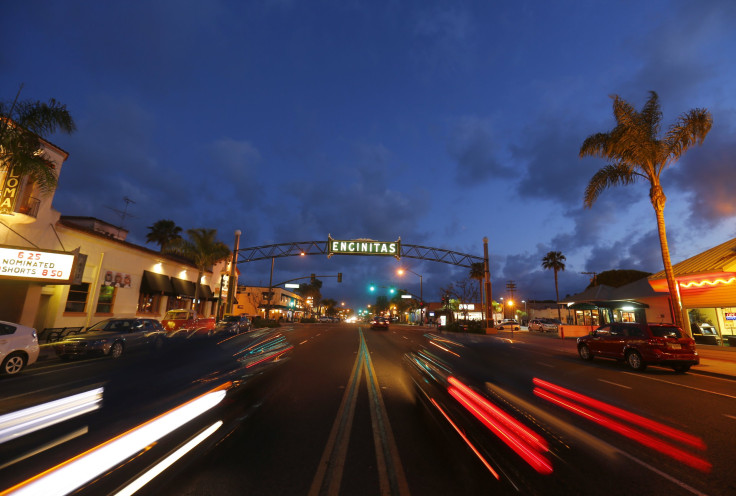Americans Drove The Distance To Pluto And Back 50 Times In July

Americans drove more miles in 2014 than they have since the Great Recession hit in 2008 and left cars sitting in the driveway. Motorists drove an estimated 266.8 billion miles in July alone, which would get you to Pluto and back as many as 50 times, depending on where Pluto and the Earth are in their orbits.
A trip to Pluto would take you four to six hours … if you had a car that went the speed of light. You’d have to drive in your light-speed car 17 hours a day for the whole month of July to drive to Pluto and back to match the distance all Americans combined made in the same period with their much slower cars, SUVs and trucks.
The growth in travel may be a result of an increase in zero-interest and low-interest car loans, which have allowed more Americans to pick up new wheels. Americans drove more than 3 trillion miles in 2008 and 2009, but that dipped by about 50 billion miles in four years of relative stagnation. In the last 12 months Americans drove 2.97 trillion miles, according to the Federal Highway Administration.
The news is a double-edged sword for the oil industry. On one hand, it’s good news for producers that the U.S., which consumes a tenth of the world’s oil, is back out driving. On the other hand, increased fuel economy means Americans are getting around and using less fuel. The U.S. actually used about 500,000 barrels of fuel per day less in June 2014 than it did in June 2007, before the financial crisis hit, according to Reuters.
Don't pack up the family car for a Pluto roadtrip just yet, though. The only man-made object going to Pluto now is the New Horizons spacecraft launched in 2006, just months before the International Astronomical Union declared Pluto no longer a planet. The spacecraft is expected to reach the dwarf planet in July 2015.
In the meantime, pop in some Woody Guthrie and take someone ridin' in the car, the electric car that is. After all, it's Climate Week.
© Copyright IBTimes 2024. All rights reserved.












